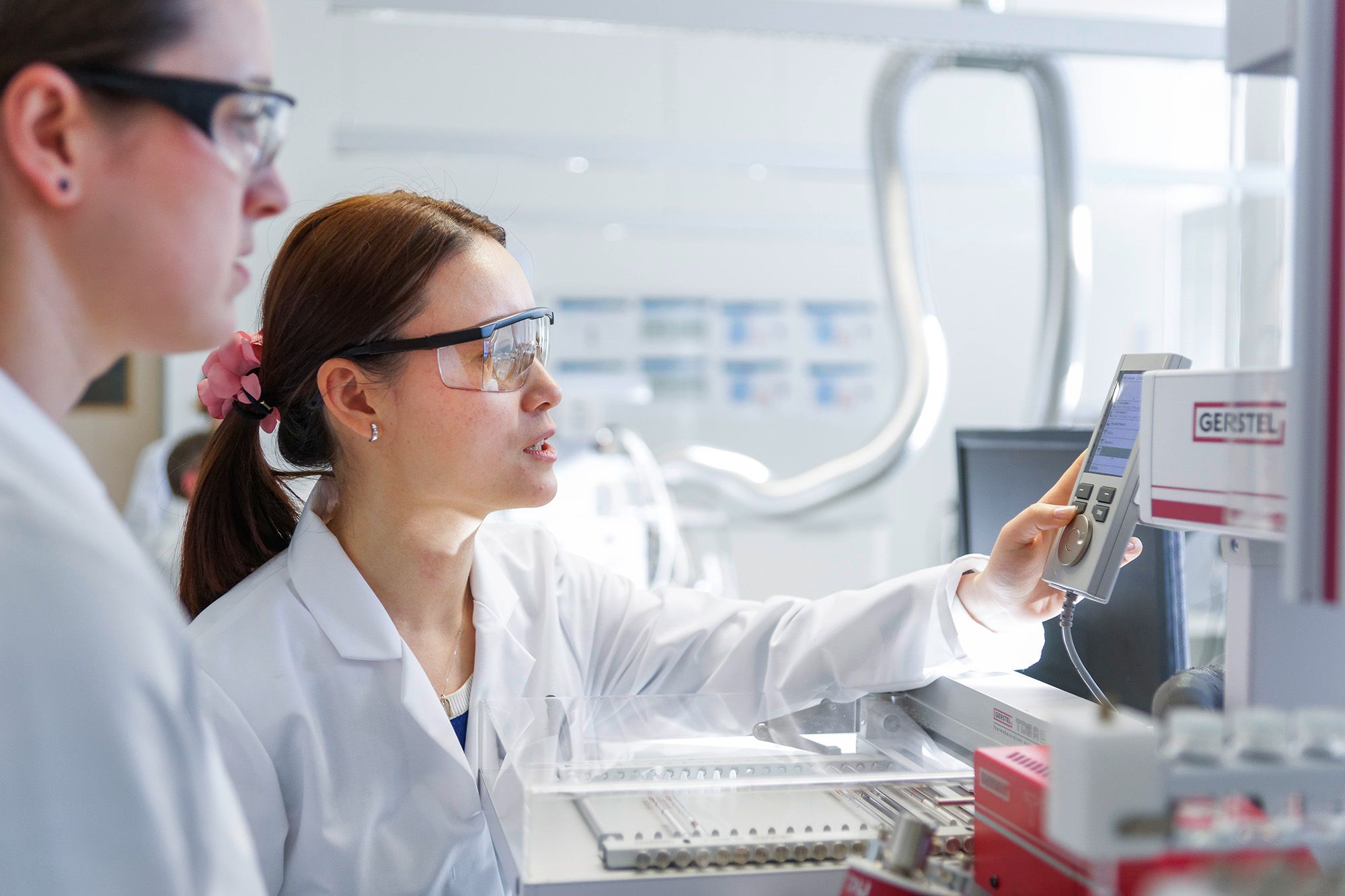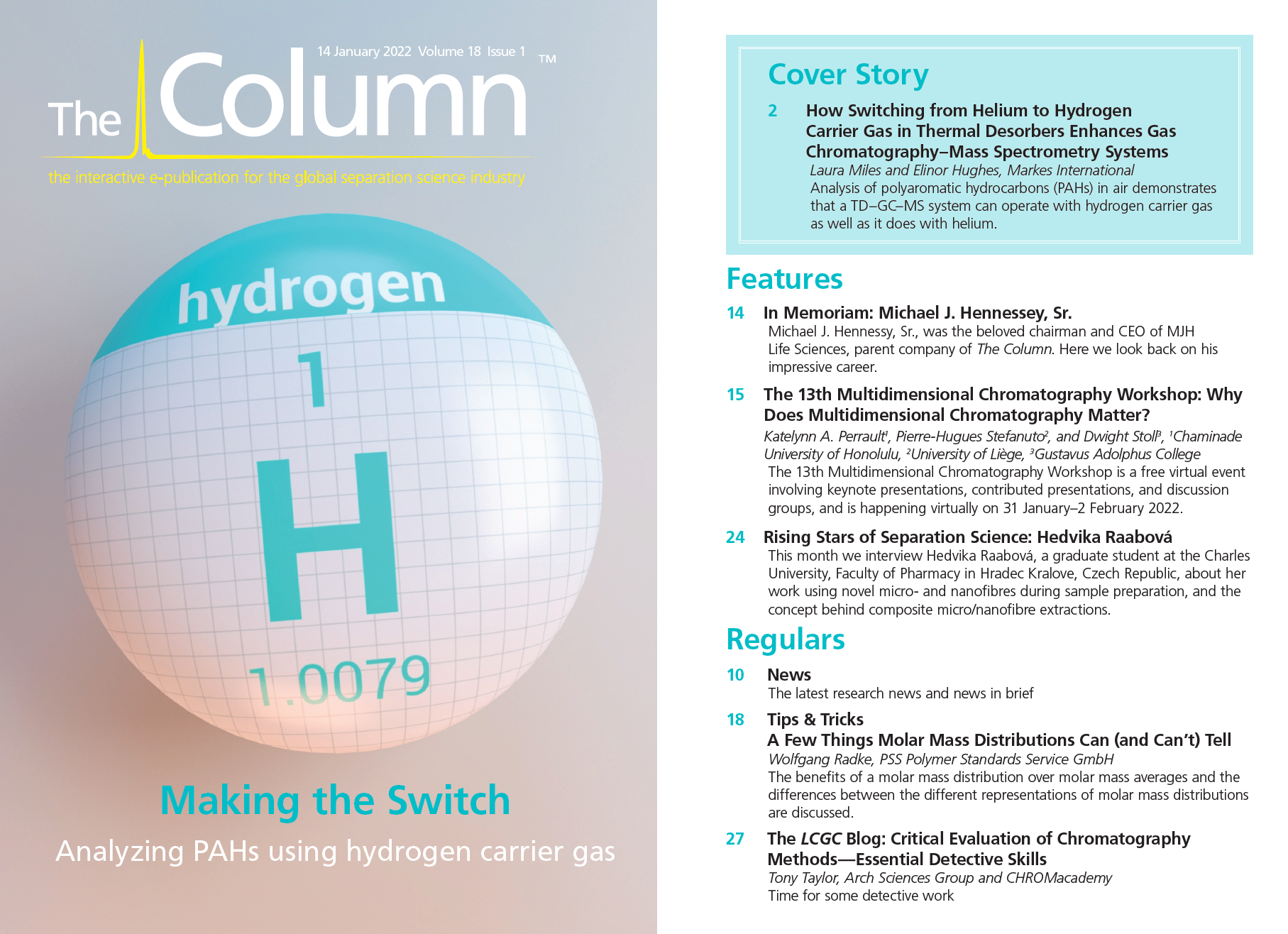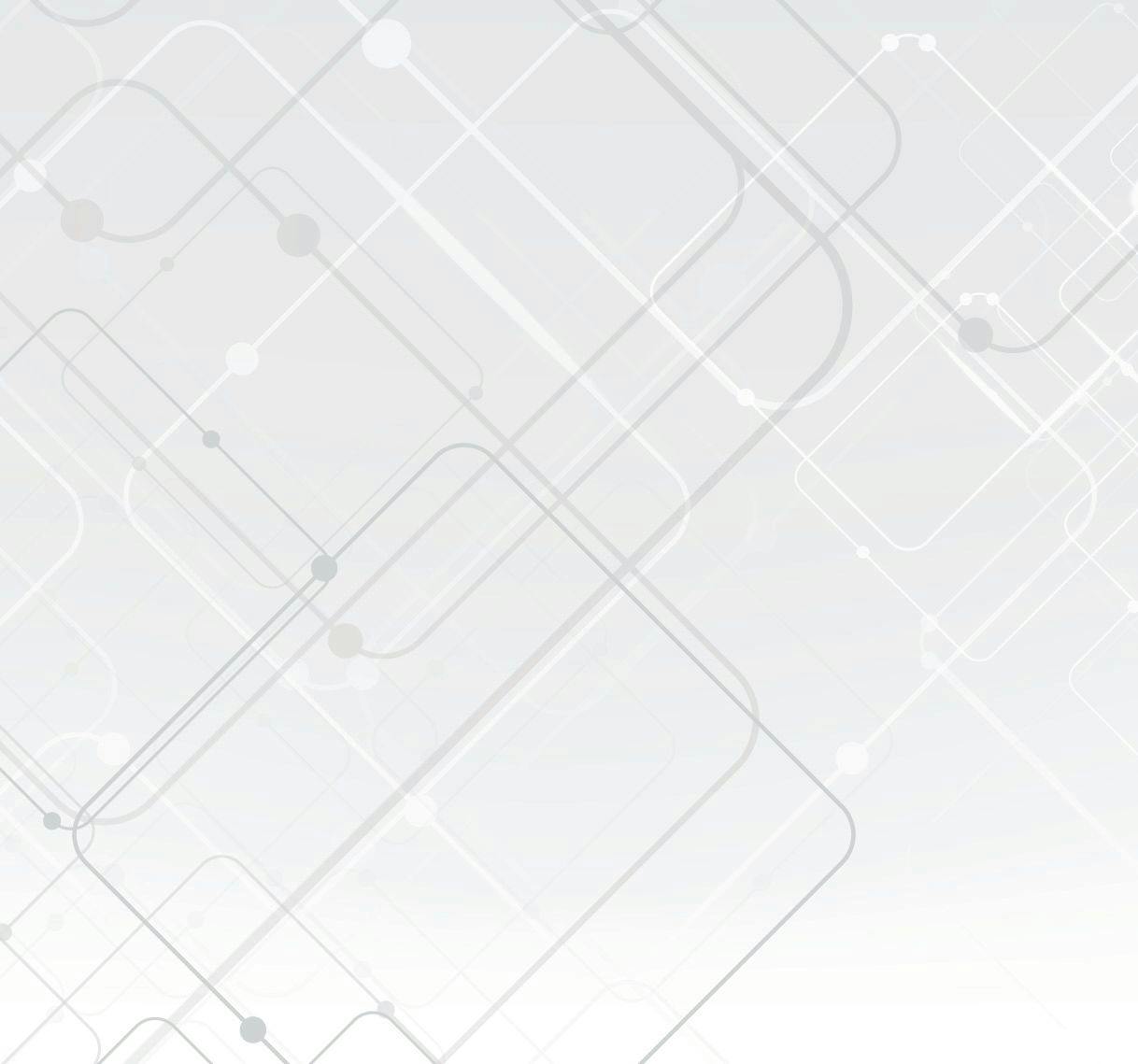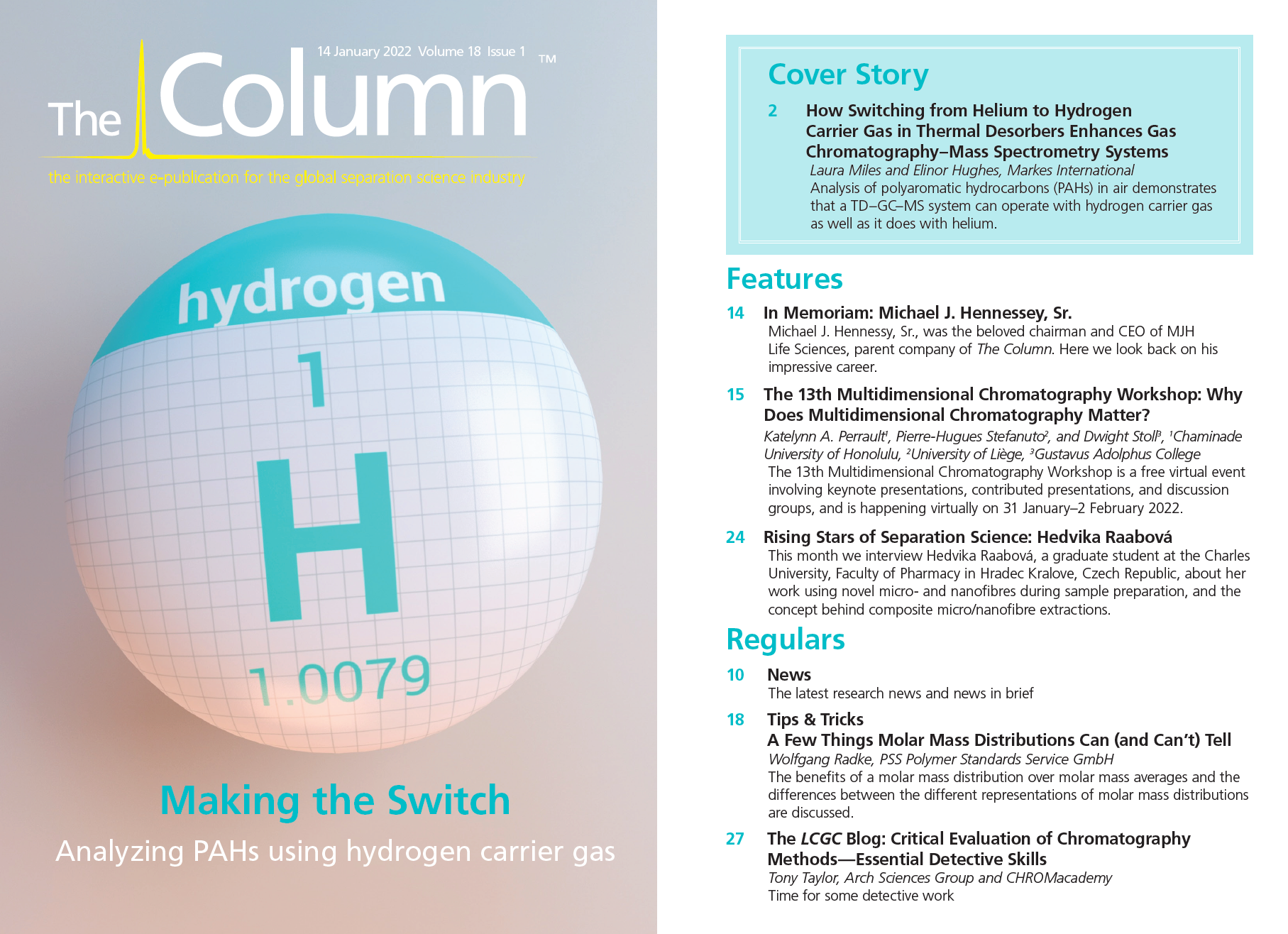Gerstel Group Changes Ownership
Holger R. Gerstel

Holger R. Gerstel, Co-Owner and General Manager of Gerstel (Mülheim an der Ruhr, Germany), has acquired all remaining shares of the company from his brother, Eberhard G. Gerstel, completing a change of ownership for the German company. The transaction sees the retirement of Eberhard Gerstel from all roles and functions within the company.
“The foundation has now been laid to transfer Gerstel to the third generation of the family. I would like to expressly thank my brother Eberhard for making this possible, and for our excellent relationship over more than two decades of highly successful cooperation,” said Holger Gerstel.
Founded in 1967 by the late Eberhard Gerstel (1927–2004), Gerstel has grown under the stewardship of his sons Eberhard and Holger, who assumed control in 1998, and who, alongside Ralf Bremer, have developed Gerstel into a respected provider of laboratory analysis solutions, particularly in automated sample preparation.

“We will continue to invest significant amounts in development and production, in our research and application laboratories, as well as in our customer support and training facilities, to broaden our offering while continuing to provide our customers [with] best-in-class support,” continued Holger.
For more information, please visit: www.gerstel.com

New TRC Facility Accelerates Innovation and Delivery
April 25th 2025We’ve expanded our capabilities with a state-of-the-art, 200,000 sq ft TRC facility in Toronto, completed in 2024 and staffed by over 100 PhD- and MSc-level scientists. This investment enables the development of more innovative compounds, a broader catalogue and custom offering, and streamlined operations for faster delivery. • Our extensive range of over 100,000 high-quality research chemicals—including APIs, metabolites, and impurities in both native and stable isotope-labelled forms—provides essential tools for uncovering molecular disease mechanisms and exploring new opportunities for therapeutic intervention.
New Guide: Characterising Impurity Standards – What Defines “Good Enough?”
April 25th 2025Impurity reference standards (IRSs) are essential for accurately identifying and quantifying impurities in pharmaceutical development and manufacturing. Yet, with limited regulatory guidance on how much characterisation is truly required for different applications, selecting the right standard can be challenging. To help, LGC has developed a new interactive multimedia guide, packed with expert insights to support your decision-making and give you greater confidence when choosing the right IRS for your specific needs.

.png&w=3840&q=75)

.png&w=3840&q=75)



.png&w=3840&q=75)



.png&w=3840&q=75)














